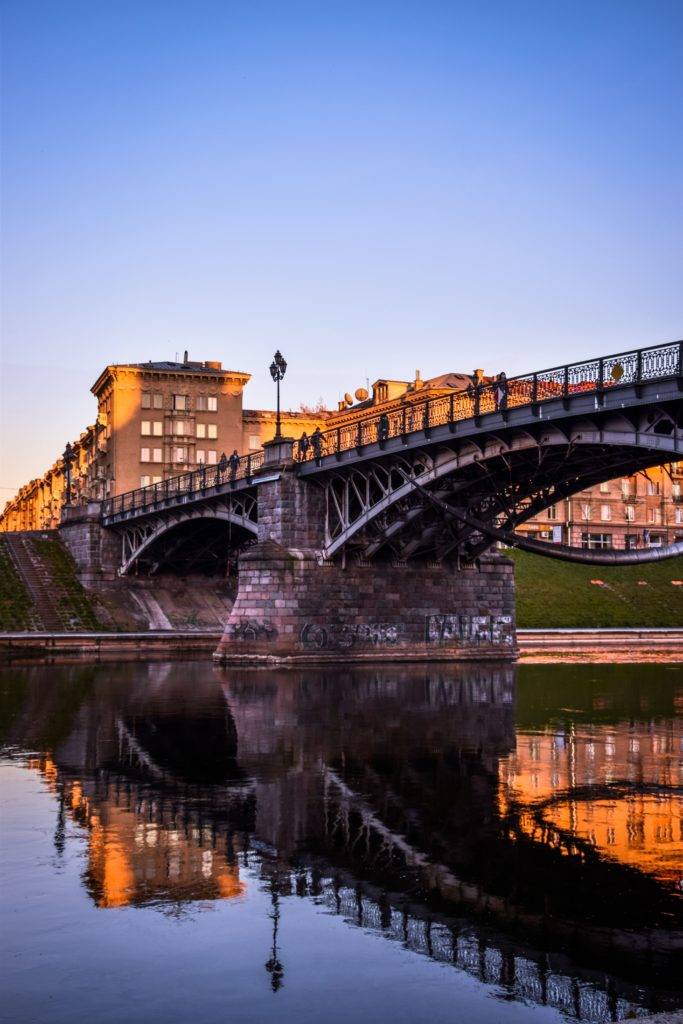Expats looking to work in Lithuania can benefit from the country’s rising GDP, particularly in the commercial, medical, and manufacturing companies. In this article, you’ll learn all you want to learn about the nation’s new labor policies, work visas, and economy.

Lithuania modernizes its labor laws to attract foreign talent
Lithuania has changed its labor and residence policies to attract more college qualified and bright immigrant labor.
Given the completion of many of its famous start-up businesses, the little Baltic nation, which has a demographic of only about 3 million people, has been attempting to establish itself as a technology center over the decades. To achieve this purpose, the country published March 1 revisions to the “On the Legal Status of Aliens” Act, which pertains to the requirements of obtaining work and living in the nation as a migrant, either fully or partially.
- In Lithuania, the blue card is no longer required for qualified workers
Residency regulations have been relaxed even more for extremely skilled people looking for positions that need specialized expertise. When the Labour Service determines that the position requested satisfies the requirements of the local workforce, such applicants can take the position without first obtaining a blue card, which is a resident status permit. Their commencement date would be the day on which they submitted their resident request. This freedom is intended to help international employees who move between firms outside of Lithuania the most.
- It will be easy for qualified workers to find work or establish a business
As per the country’s Immigration Ministry, international professionals on short residency rights will now hunt for jobs and begin working instantly on the existing permit.
International master’s and Ph.D. students were previously limited to working 20 hours weekly; now, those pupils, or any international trainees with legitimate short resident cards, can labor as many hours as they choose. It is likely to benefit the nation’s youthful master’s graduates, who will be able to acquire white-collar employment right away and create long professions in areas of their choice.
Work visas in Lithuania
Despite all the ease in work visas for expats, few documents are still expected from the candidate.
People planning to operate in Lithuania would typically require two documents: a working permit and a visa to visit and reside in the country. A type-D visa is the type of visa necessary for foreign workers.
The boss must file for an employment permit on account of the international worker. The worker must present the following papers to their recruiter:
- Personal details about yourself.
- Capabilities for the position, like past work history and training, must be demonstrated.
The worker will also have to file for a Type-D visa besides an employment visa. The registration requires various records, such as:
- Evidence of medical health coverage.
- Evidence of financial resources and income.
- An authorized work permit.
- A colored passport photo that must be old.
- A travel document issued within the last ten years has a minimum of two empty sheets and is acceptable for at least 90 days after the permit expires.
- An online request form for a work visa has been filled.
Procedure for submitting an application
In Lithuania, getting a working visa is a collaborative effort among international citizens and the country’s business. From the preliminary work proposal until the worker’s first day in the workplace, here’s a rundown of the procedure:
- An enterprise in Lithuania presents an employment deal to an overseas citizen.
- The recruiter receives the appropriate documentation from the job candidate.
- The firm prepares a request for a working visa to the “Lithuanian Labour Exchange.”
- At the Lithuanian embassy or diplomatic mission in their country, the worker files for a Type-D visa.
- The worker can visit Lithuania and resume work after the visa or residency permit has been approved.
While it’s usually a good idea to prepare beforehand regarding working visas, the procedure in Lithuania is quite fast. The issuing of a permit usually requires seven working days, while the waiting period for a national D visa requires about 15 business days.
Lithuanian economy
Facilities (68 percent of overall GDP), business (28 percent), and farming (4 percent) make up the country’s economy. Since proclaiming itself an autonomous nation in 1990, Lithuania has been shifting from manufacturing to a knowledge-based industry centered on rising added goods and facilities. It has become one of the top Eu countries for bioengineering, media, electronics, and computer science.



